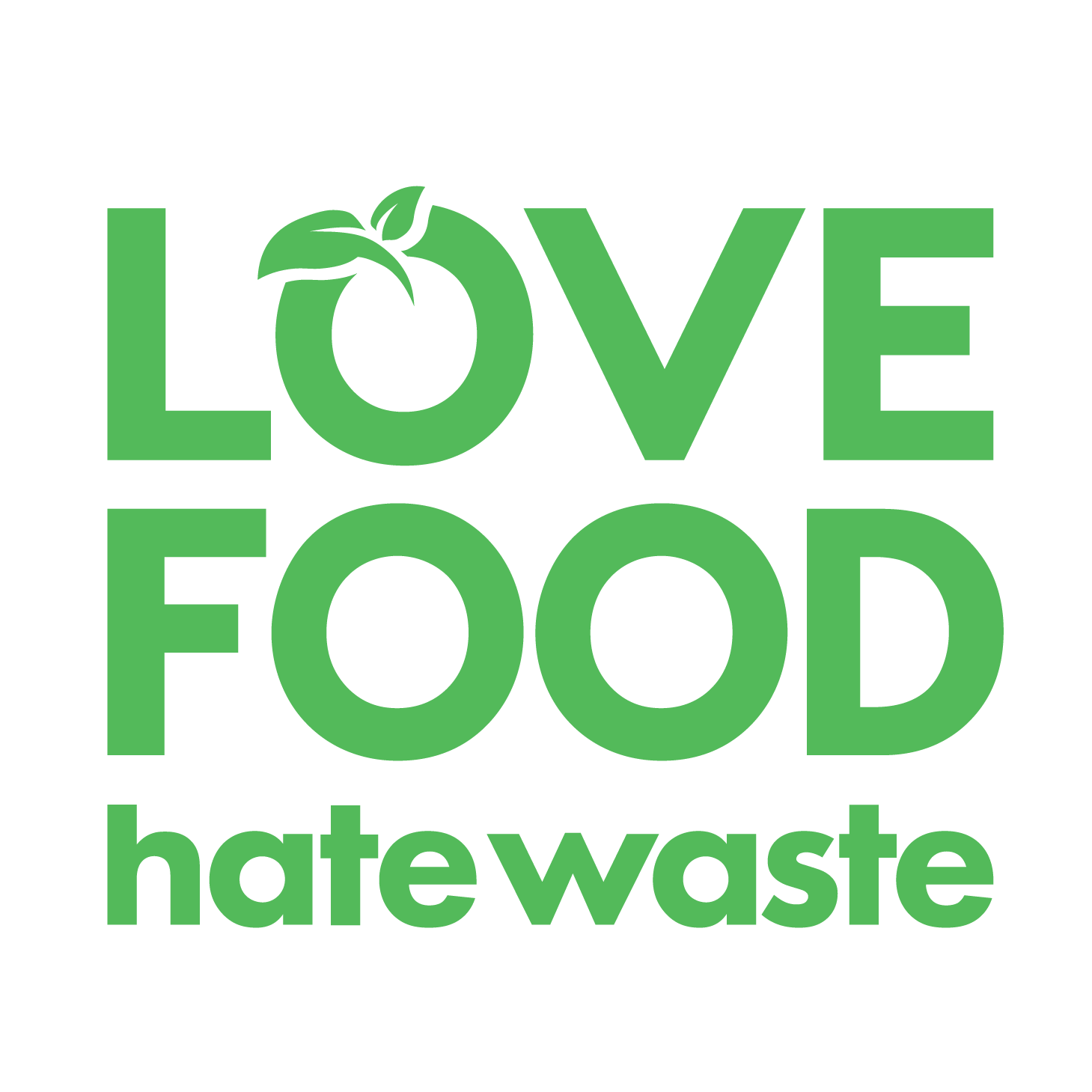Date Labels Can Be Confusing – What Do They Mean?
Take a quick glance at your food packaging – chances are, there’s probably a date on there somewhere. But what does it mean? We know that the date labels can be a bit confusing if you don’t understand the difference. We’re here to help you make sense of them, and in the process save your food from being wasted!
‘Best Before’ refers to QUALITY: your food will be at its peak freshness, taste and nutritional value before the best before date if packaging is intact and stored correctly.
Best Before dates apply to unopened products only. They do not guarantee product safety; however, they do give you information about the freshness and potential shelf life of the unopened foods. Once opened, the food’s shelf life may change. After this date, it might not be at its best. Freshness, taste or texture may be different, but is most likely safe to eat.
Foods that are likely to spoil (such as dairy products and ready-to-eat products) should be eaten as quickly as possible. Refrigerate or freeze your meat, poultry, and shellfish as soon as you get home from the grocery store and follow the storage instructions on the packaging.
Storing your food properly in the refrigerator (see fridge storage guide) will help you keep your food fresh for longer.
Note: Some manufacturers will use the terminology ‘Use by’ in place of ‘Best Before.’
Tip #1: organize your fridge so you can group items together that are closer to their due date, so you remember to use them first.
Tip #2: you can freeze food right up to and including the Best Before date. If you’re not sure you will eat it in time, freeze it for another day!
Ever wonder how to read a Best Before date? Do the abbreviations for the months confuse you?
Best Before dates in Canada are always written in the same format: Year/Month/Day
(If year is not needed for clarity, the date will be written as Month, Day.)
Here is a list of the abbreviations by month:
- JA: January
- FE: February
- MR: March
- AL: April
- MA: May
- JN: June
- JL: July
- AU: August
- SE: September
- OC: October
- NO: November
- DE: December
‘Expiration Dates’ refer to nutritional specifications: you must not eat food past the expiry date.
You’ll only find expiry dates on certain foods like meal replacements, infant formula, and nutritional supplements.
Because these foods have strict nutritional specifications, they should be discarded if the expiration date has passed.
Not all foods will have a ‘best before’ or ‘expiry date’.
You may notice other labels, such as ‘sell by’ or ‘packaged on’. These dates may be useful, but do not indicate quality or safety.

